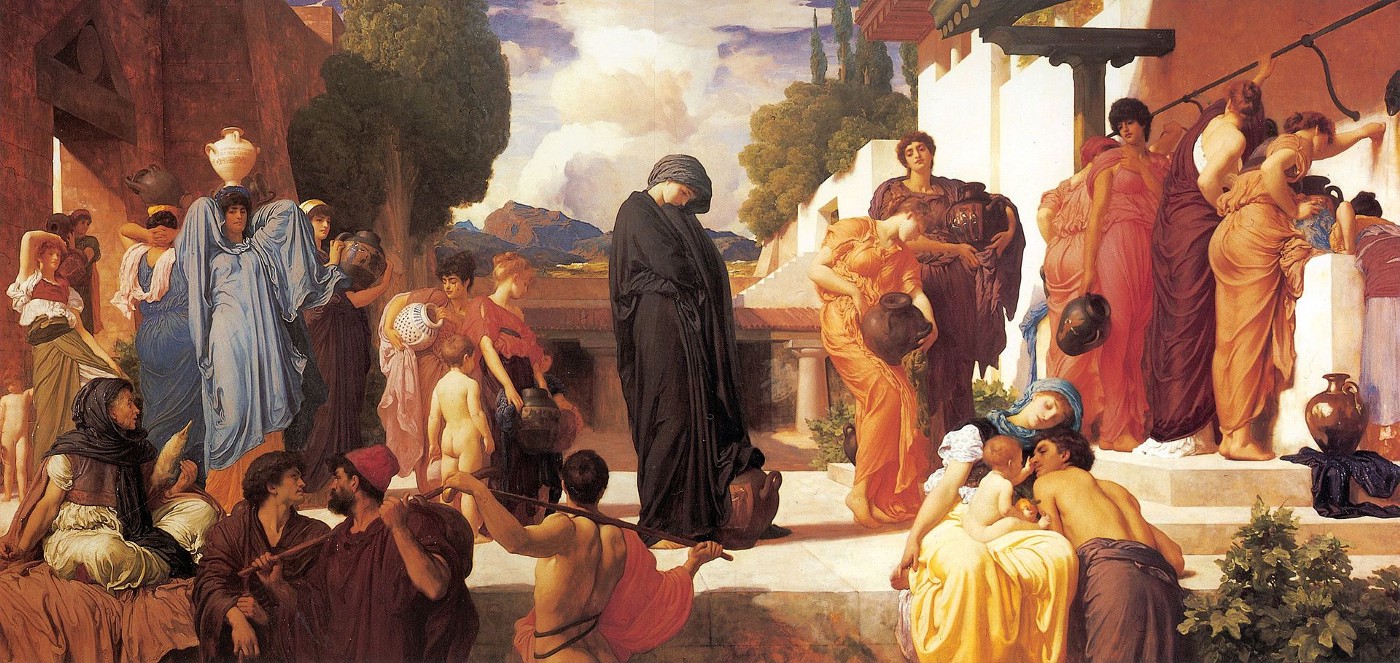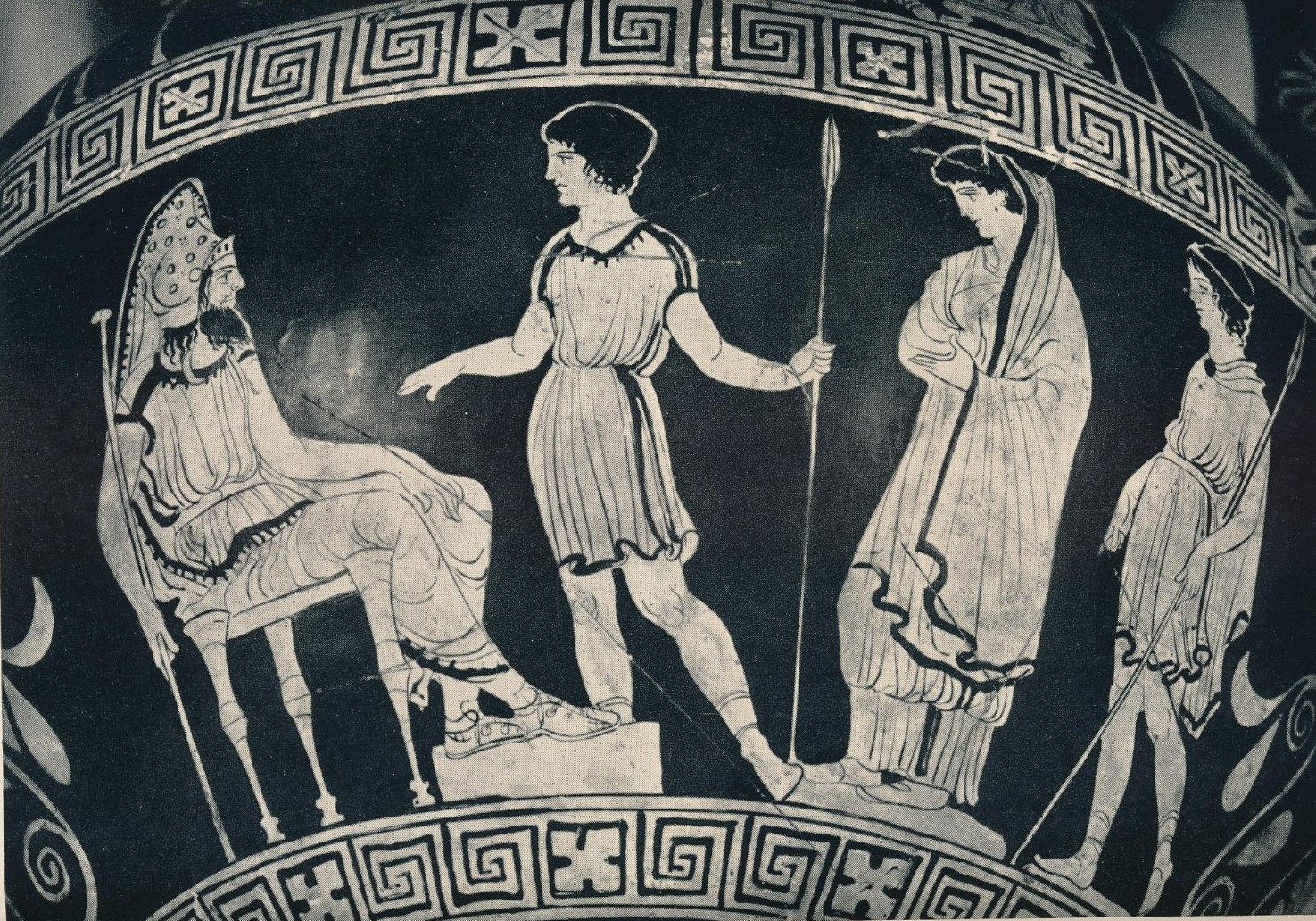To Read Part One, Click here: https://classicalwisdom.com/the-peloponnesian-war-summary-part-one/ The entirety of the Peloponnesian war is broken into two parts, punctuated by a brief, and probably very welcomed, armistice. The total engagement, with all its battles and betrayals, began in 431 BC and finally concluded with complete devestation in 404 BC. The first collection of campaigns, referred




